Room 102, Building 13, Area A, Wanyang Zhongchuang Park, Ganyao Town, Jiashan County, Zhejiang China.

In solar power systems, every component—from the panels to the mounting structure—plays a vital role in ensuring performance and longevity. However, one often-overlooked element is the bolt. Photovoltaic (PV) bolts may appear small and simple, but they are critical to the structural stability and safety of solar installations. One of the most important factors affecting their performance is corrosion protection. So, do photovoltaic bolts need corrosion protection? The answer is a definite yes—and here’s why.
Photovoltaic systems are almost always installed outdoors—on rooftops, open fields, deserts, or coastal areas—where they are constantly exposed to sunlight, rain, humidity, wind, and dust. In such conditions, metal components are vulnerable to oxidation and corrosion. Over time, moisture and oxygen react with the metal surface, leading to rust formation.
If PV bolts corrode, the structural integrity of the solar array can be compromised. Rusted bolts lose strength, loosen easily, and may eventually break, which can cause panels to shift, vibrate, or even detach. This not only affects system efficiency but also creates serious safety hazards.
Therefore, corrosion protection is not an option—it’s a necessity for any solar installation designed to last 20–30 years.
To resist corrosion, photovoltaic bolts are usually made from or coated with anti-corrosive materials. The most common options include:
Each material choice depends on the installation environment, budget, and expected lifespan of the solar project.
Corrosion doesn’t just make bolts look old or dirty—it has real mechanical and electrical consequences. As corrosion progresses:
Without corrosion protection, a solar system’s reliability and efficiency can decline significantly within just a few years—long before the panels themselves reach the end of their lifespan.
The need for corrosion protection also depends on where the PV system is installed:
For these reasons, choosing the correct anti-corrosion solution is a key step during system design and material selection.
Even with corrosion protection, regular inspection is important. Installers and maintenance teams should check bolts periodically for rust, discoloration, or loose connections. Early detection allows for timely replacement before structural or electrical issues arise. Using torque-controlled tightening and proper washers can also prevent water penetration and reduce corrosion risk.
In well-designed systems, corrosion-protected bolts can last as long as the solar panels themselves—typically 25 to 30 years—ensuring system safety and minimizing maintenance costs.
Corrosion protection is not just about aesthetics—it’s about safety, reliability, and efficiency. Photovoltaic bolts are small but crucial components that hold entire solar structures together. Without proper protection, even the best panels and frames can fail prematurely.
Choosing the right material—whether stainless steel, galvanized steel, or advanced coated bolts—is a smart investment in the system’s future. It ensures that solar installations can withstand years of weather exposure while maintaining stability and performance.
Yes, photovoltaic bolts absolutely need corrosion protection. They operate in demanding environments and must maintain their strength and integrity for decades. Through the use of high-quality materials, protective coatings, and regular maintenance, solar systems can achieve their full lifespan safely and efficiently.
In short, protecting the smallest components—like bolts—helps protect the entire photovoltaic system and ensures that clean energy continues to flow for years to come.


Fix anchorbolts include bolts, washers, nuts and 4PCS cylindrical shields. By tightening the bolts, the shields tubes expand and the components can be...
See Details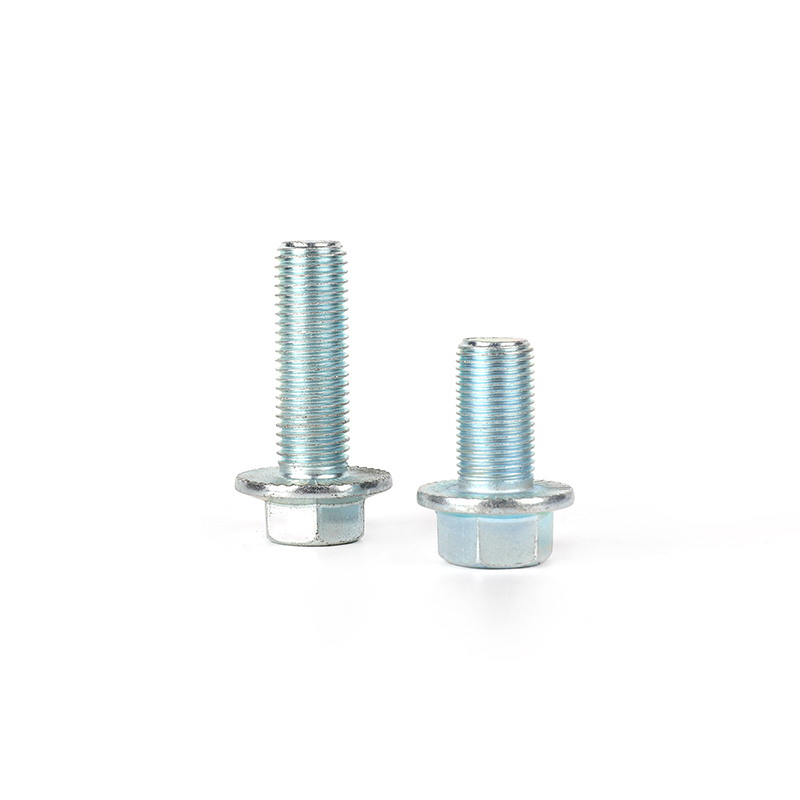
Flange bolts are specially used to tightly connect pipes and components with flanges. We produce flange bolts are solid t and durablethat, compling wi...
See Details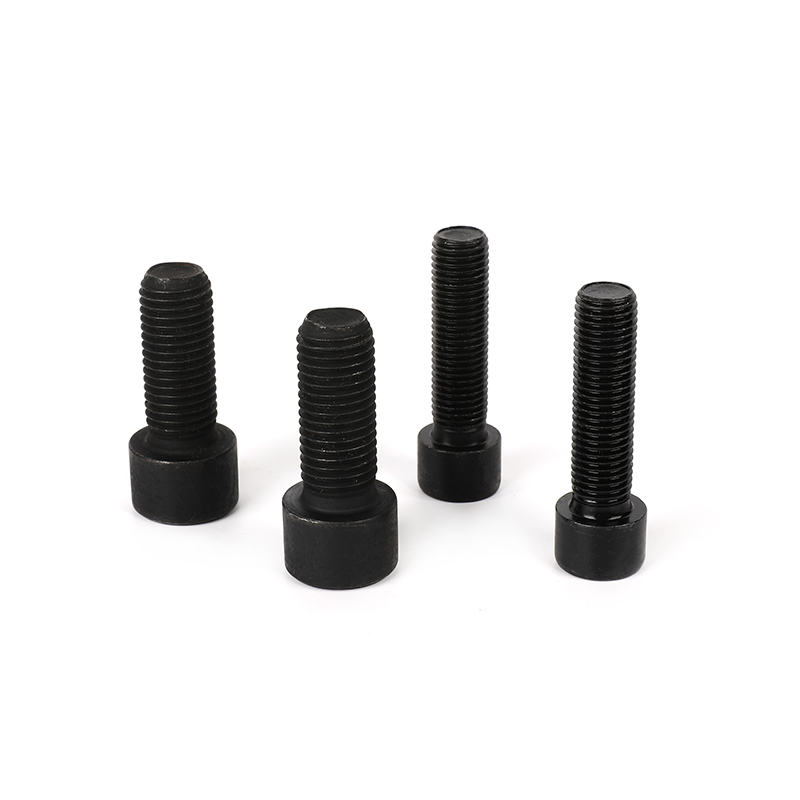
The Grade 8.8 black oxide full-thread hexagon socket bolts have an internal hex design and needs to be used with a wrench with a hex head. Its full th...
See Details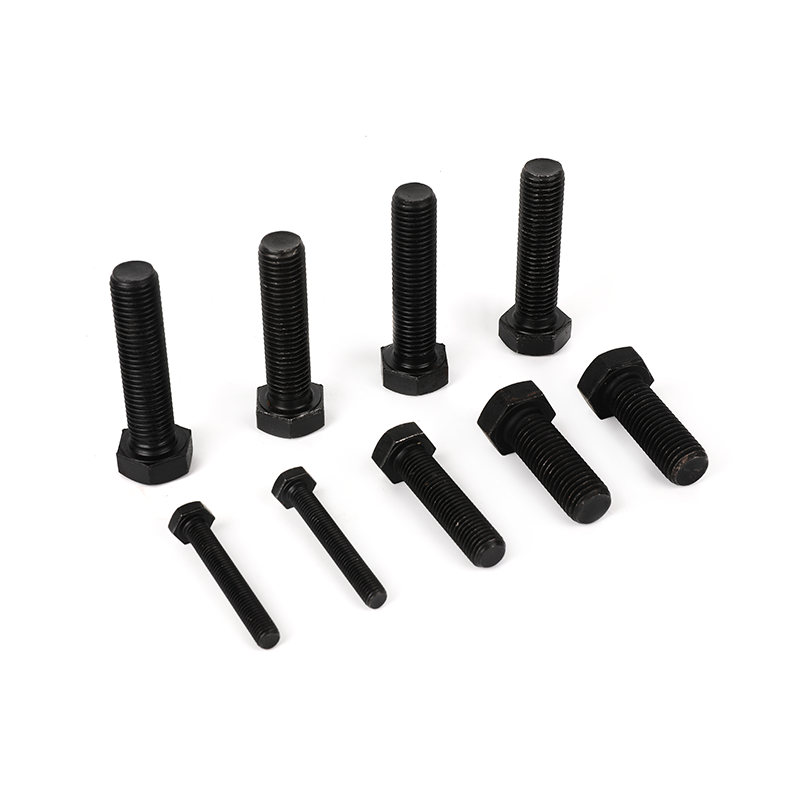
Grade 8.8 black oxide full-thread hexagon bolts is a very common fastener and requires a wrench or hex wrench to tighten it. Our hex head bolt meet th...
See Details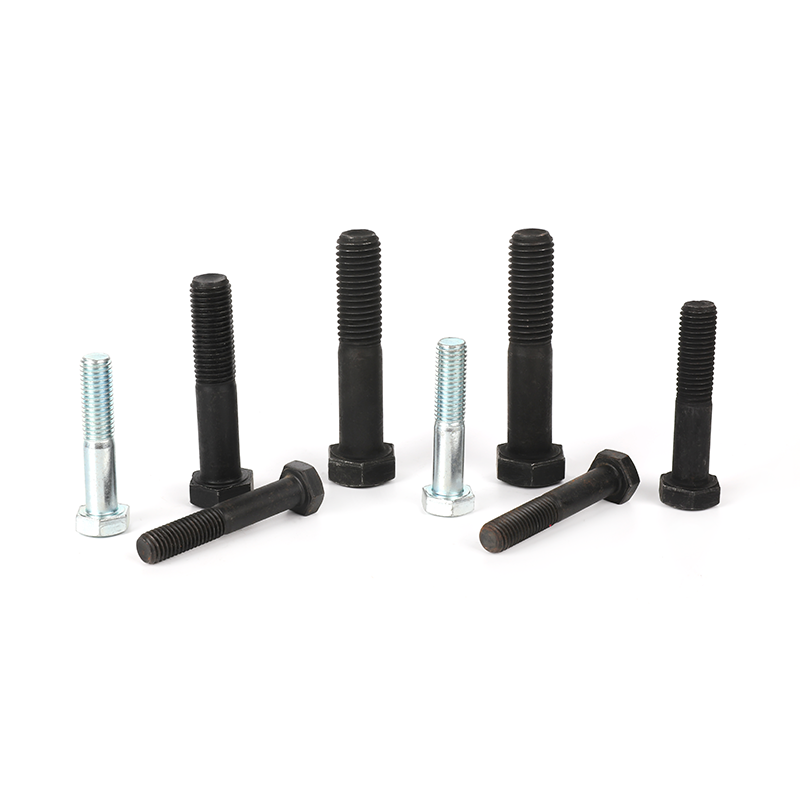
This product is made of high-quality carbon steel and undergoes a rigorous heat treatment process. It has high strength, good elasticity and toughness...
See Details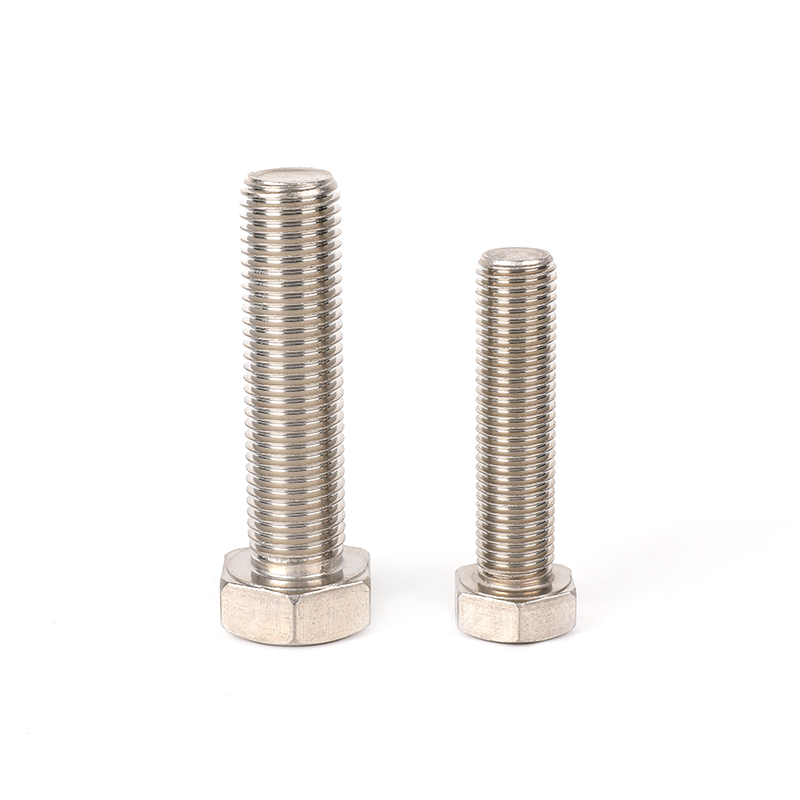
This 304 stainless steel plain full-thread hexagon bolt is a kind of fasteners made of high-quality stainless steel material and has corrosion resista...
See Details
This plain round flat head weld shoulder bolt is a fastener suitable for a variety of welding applications. Its flat head and round head design makes ...
See Details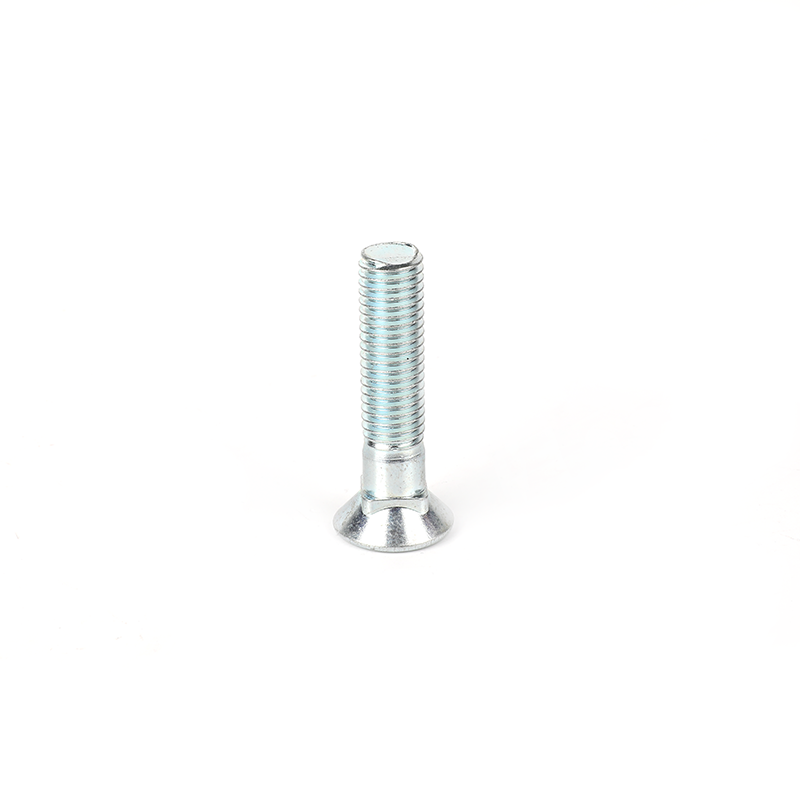
This Grade 12.9 zinc plated countersunk head square neck plow bolt has the advantages of high precision, high operability, high strength, and high ten...
See Details